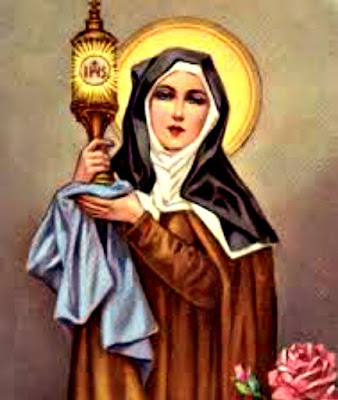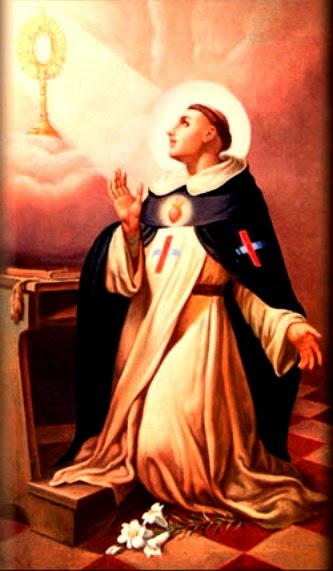What is a Doctor of the Church?
(Romereports.com) One of the highest honors granted by the Pope is being named a 'Doctor of the Church.' The title recognizes those whose theological teachings remain relevant for Catholics, regardless of time. The teachings are also known for inspiring significant progress in the Church.
Currently there are just over 30 Doctors of the Church. John Paul II appointed one and Paul VI, appointed two. But to actually become a Doctor of the Church, three conditions must be met.
PROF. LUIGI BORRIELLO
Theological Faculty Teresianum
“The first is the sanctity of life. The person has to be a saint. The second is that their life and doctrine be orthodox. The third is the so called 'eminent doctrine' which must be qualified. It must bring something to the world of faith, like deepening our understanding of one or many truths.”
On some occasions, the Pope can also grant a special title to a Doctor of the Church. For example, St. Albert the Great is is known as 'Doctor Universalis.' St. Thomas Aquinas, is the 'Angelic Doctor' and St. Therese of Lisieux, is 'Doctor Amoris.'
Before being named, the Congregation for the Doctrine of the Faith and the Congregation for the Causes of Saints, examine the candidate's theology. Then they pass on their recommendations to the Pope, who has the final say.
In fact, currently the Vatican is studying the life and works of various saints to see if they can be Doctors of the Church.
PROF. LUIGI BORRIELLO
Theological Faculty Teresianum
“St. Julian of Norwich, who was a 14th century English mystic. Also Veronica Giuliani, St. John Bosco, Louis Marie Grignon de Montfort, St. Ignatius of Loyola and others.”
Currently there are 33 Doctors of the Church, but on October 7th the number will rise to 35, when St. John of Avila and St. Hildegard of Bingen, are named.




Comments
Post a Comment
Comments are moderated and are published at the blogger's discretion.